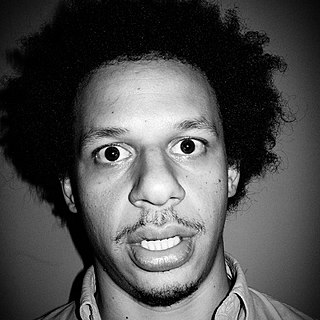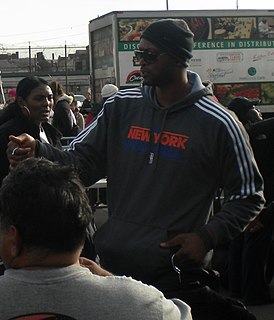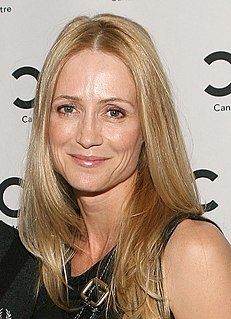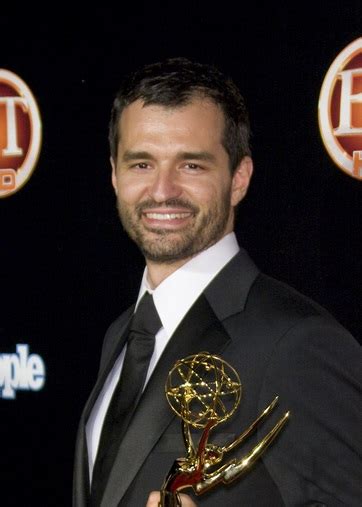A Quote by Eric Andre
I've always been obsessed with bad, awkward television and bad public access. Before YouTube, it was a treat coming across that stuff. When I moved to New York, I used to love watching public access late at night.
Related Quotes
One evening at a hotel in New York I flipped around the television channels. Suddenly there on the public access channel was a voluptuous young woman, naked, her body oiled, writhing on the floor while fondling herself intimately... I watched for some time --- riveted by the sociological significance of it all.
I once spent an entire night in a hotel in New York looking across the way into someone's apartment where nothing was happening but daily life, a phone call, television watching, staring into the fridge. Seeing how those strangers lived over that small distance and in absolute silence moved me deeply.
I've always had a preference for digital, all the way. I grew up through video and camcorders, and I was part of the VHS generation. I made all my stuff in high school on video, and worked for public access. Staying in digital is a very familiar, very natural progression of the things that I've worked in before, and I always try to break as much new ground as I can.




































